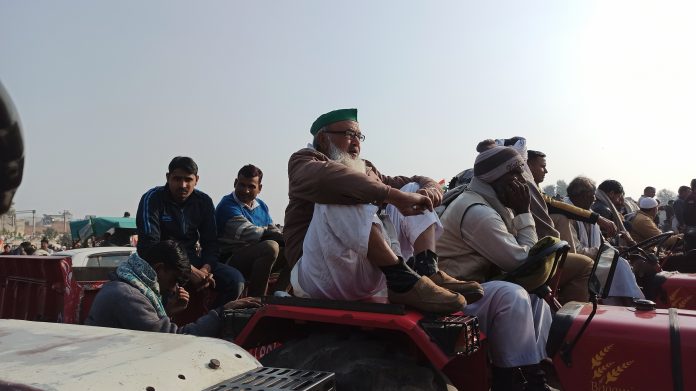The panchayat starts with a discussion on Rakesh Tikait’s tearful speech and the support for the farmer’s movement in Delhi and calls for more people to join the farmer’s protest.
By Aas Mohammad Kaif, TwoCircles.net
Political experts from all over the country are wondering how lakhs of people are gathering in panchayats based on the notice of a few hours. Till now, lakhs of people have gathered in four panchayats held within a week in Muzaffarnagar, Mathura, Baghpat and Bijnor in western Uttar Pradesh. The number of people gathered in any panchayat has not been less than thirty thousand. The Panchayat phase is still going on and 10 big panchayats have been announced for the next fifteen days. All these panchayats have the same agenda: the farmers’ movement. The panchayat starts with a discussion on Rakesh Tikait’s tearful speech and the support for the farmer’s movement in Delhi and calls for more people to join the farmer’s protest.
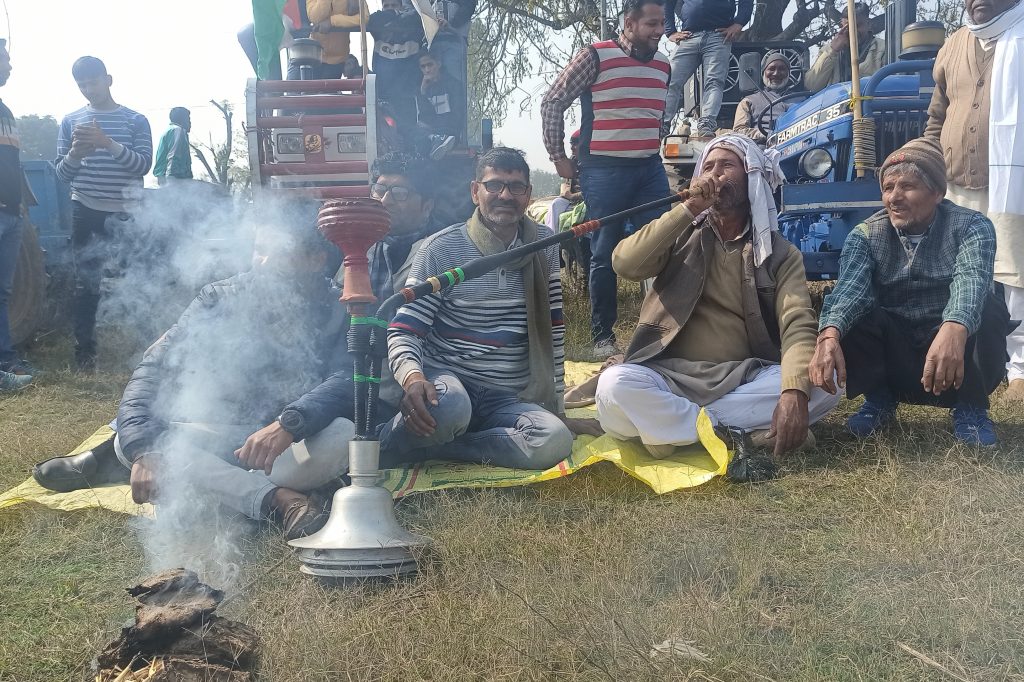
Khap panchayats in western Uttar Pradesh and Haryana have gone active after Rakesh Tikait’s heart-wrenching appeal to support the farmers’ movement. There is a Khap of every community here. Khap is also known as ‘big clan’. Panchayat is a system in the hands of elder persons of the village. To settle any issue, these elders choose a panch and then decide. The ones who do not accept the decision of the panchayat, their hookah water is stopped. Hookah water closure means the ‘societal boycott’ of the concerned.
Farmer leader Raju Ahlawat, who has detailed information about Khap Panchayat, says that though the talk of Khap Panchayats in all 36 fraternities is considered to be ‘Loha Lat,’ but Jats and Gurjars have the highest impact. Especially in Haryana and Western Uttar Pradesh, the Khap Panchayat’s opinion is the most important in society related issues and people do follow it.
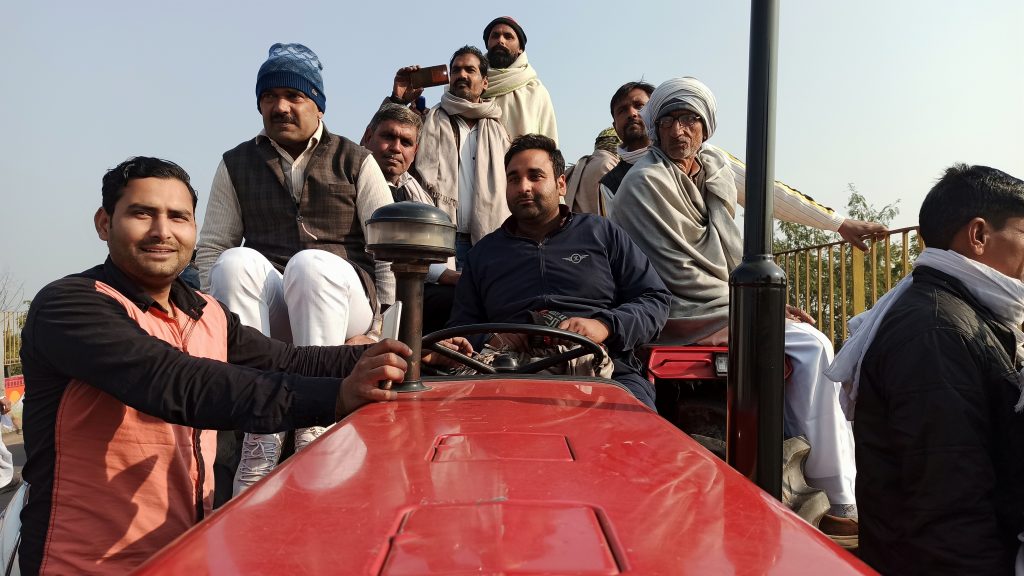
Devraj Panwar of Muzaffarnagar says that the Jats alone have three and a half thousand Khaps. Among them are Balian, Deshwal, Gathwala, Laatiyan, Chaugala, Ahlawat, Battis Khap, Kalkhande, Kalsyan & Pachada, etc.
Rakesh Tikait is from Balian Khap. The credit for strengthening Balian Khap also goes to his father Chaudhary Mahendra Singh Tikait. Now Rakesh Tikait’s elder brother Naresh Tikait is the Chaudhary (head) of this Khap.
During the Panchayat of Muzaffarnagar, when Naresh Tikait said that he made a mistake by defeating Ajit Singh in Muzaffarnagar election, it was a big message. The Khap panchayat is usually active on social and sensitive issues, but after the 2013 Muzaffarnagar riots, the Jat Khap panchayat began to tilt towards the BJP. The politicization of Balian Khap was also the reason for the support of Muzaffarnagar MP and Union Minister Sanjeev Balyan and the defeat of Chaudhary Ajit Singh.
RP Tomar says that usually, Khap stays away from Panchayat politics because it is run by straightforward, simple and honest people. They keep themselves away from politics. “The 2013 Khap has swept away in emotion. This is why Naresh Tikait publicly confessed that he made a mistake,” he said.
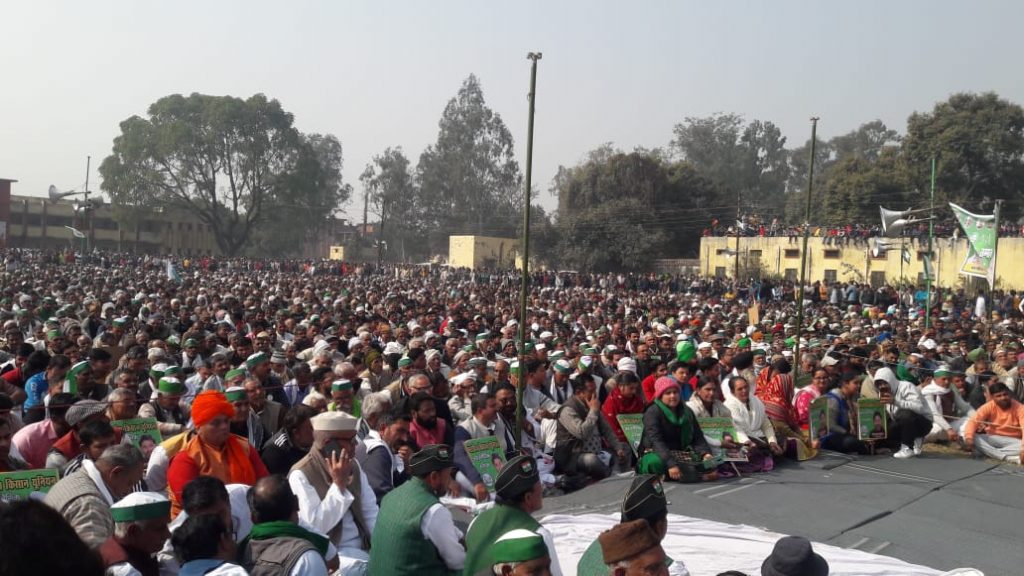
Khap panchayats have a widespread impact. For example, 3 MLAs in Bijnor, many former ministers and Jayant Chaudhary himself also sat on the ground among the farmers for hours. Jitendra Hooda of Shamli states that no leader is older than Khap Chowdhury. “He is very old and no one dares to hold his talk,” he said.
The social boycott by Khap Panchayat is the biggest punishment within Khap society. Once the panchayat boycotts someone, it becomes very difficult for the family even to marry their children.
Jeetendra says that in the name of this punishment in society, they tremble. “The one who has fallen from the eyes of society cannot stand anywhere,” he said.
It is the effect of the Khap Panchayat that in many villages of western Uttar Pradesh and Haryana, the banners were isolated due to the boycott of public representatives associated with the BJP government.
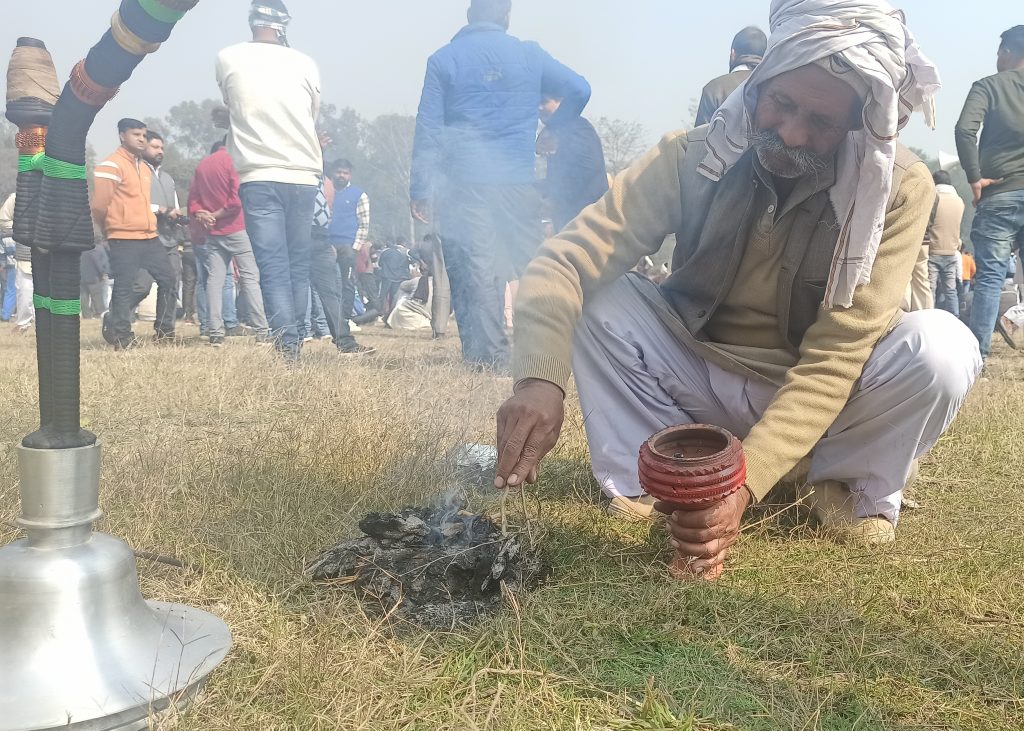
On 30 January, in the Panchayat of Muzaffarnagar, Jayant Chaudhary put ‘salt in lota’ and appealed for a social boycott against those opposing the farmers’ movement.
Neeraj Choudhary, a farmer from Jat Mazera, strongly agreed with Jayant Chaudhary. He said that in Panchayat to put returned ‘salt in lota,’ means everyone’s consent on a particular matter. “Now that we have added the returned salt, we will no longer tolerate the opponents of the farmers,” he said.
Another identity of Khap panchayat is Hookah and Ranasingha. Be it Chaudhary Suraj Pal, who came to participate in the Kisan Panchayat with the hookah in Bijnor, or 81-year-old Ghulam Mohammad Joula, closest to the late Mahendra Singh Tikait, who arrived for Indian Farmers Union, everyone has the same point, “We will not tolerate any brutality against our Annadata (provider).”

